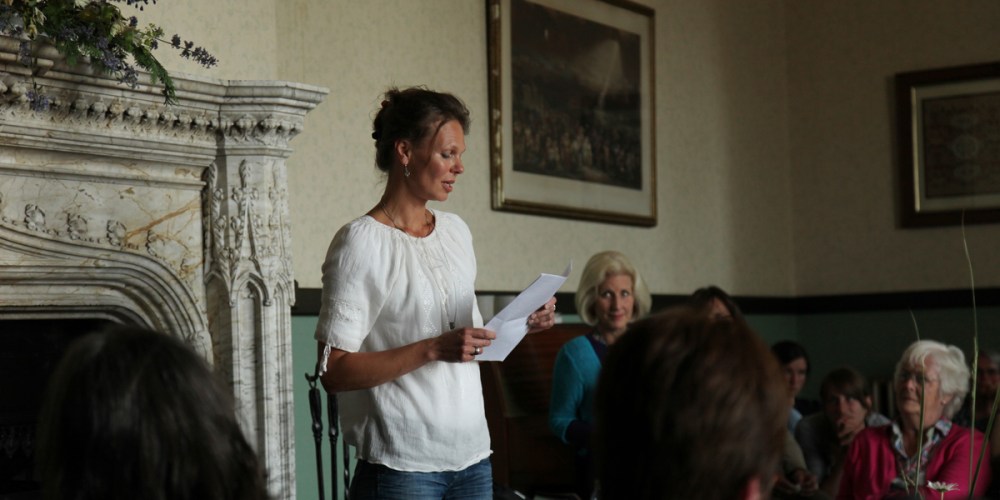Congregational Lay Leadership Initiative

We are very grateful for all of the ways in which retired NALC pastor Don Brandt enhances the ministry of Lutheran CORE. He has an article in every issue of our bi-monthly newsletter. In these articles he draws on his decades of ministry experience – both serving as pastor of a congregation and consulting with congregations – as well as his many years of research and writing. We want Lutheran CORE to be a Network for Confessing Lutherans as well as a Voice for Biblical Truth. We want to provide resources for pastors, lay people, church leaders, and congregations in addition to our work of alerting people to ways in which the historic, Biblical, confessional Christian faith is at risk.
For several years Don has been providing a consulting service through the Congregations in Transition (CiT) ministry initiative. Through this ministry he has worked with transition teams – both in situations where the pastor has already retired or resigned to take another call as well as in situations where the pastor has not yet left but soon will be leaving. He has also worked with call committees in their search for a new pastor. At this point Pastor Brandt has provided some level of coaching support for twenty-five congregations. Twenty-one of these congregations are LCMC, three are ELCA, and one is dual-rostered.
Pastor Brandt has also written powerfully about a dynamic that church leaders and congregational call committees are only too familiar with – the growing shortage of pastors available for call. This shortage is reaching crisis proportions.
He has written convincingly about the need for many congregations – especially smaller and/or more remote congregations – to take seriously the fact that they might not be able to find another ordained pastor to call. Instead they may need to transition to a lay-led ministry model in order for the congregation to be able to continue to exist and do God’s work.
But Pastor Brandt is not just someone who will describe a problem. He is also someone who will do something about the problem. And even beyond that, he is someone who will develop a plan so that others also can become involved in doing something about the problem.
Here is a link to the Congregational Lay Leadership Initiative (CLI) page on our website. Clicking on the link you will find such resources as a description of the concept, including frequently asked questions, as well as a list of steps that a congregation can take to identify, enlist, and train part-time lay ministers.
We are very grateful for the fact that LCMC and the NALC have a similar concern and are taking positive steps so that all congregations can have trained leaders. It is going to take the best efforts of all of us to address this major concern.
I frequently hear from congregations that are unable to find a pastor to call or that have found a retired pastor who is able and willing to come one or two times a month but then lay members provide worship leadership on the other Sundays. We are very grateful to all retired pastors who are willing to serve – even if not every Sunday and even if serving means traveling a considerable distance. And we thank God for the members of congregations who deeply love their Lord and their church so that they are willing to step up and lead worship and give the message. I know that some people feel that these lay leaders should receive sufficient training so that they would be ordained. But I know of situations where I believe that willing and capable lay leaders would be “scared off” if they knew that they would have to be ordained. Then that congregation might have to close because of a lack of worship leadership.
Please notice that the Congregational Lay Leadership Initiative (CLI) calls upon retired pastors who would be willing to come alongside of these lay ministers, meeting with them online once a month and providing ongoing counsel and support. If you would be willing to consider being one of these mentor/coaches please let us know. We have a document which will tell you more of what would be involved.




